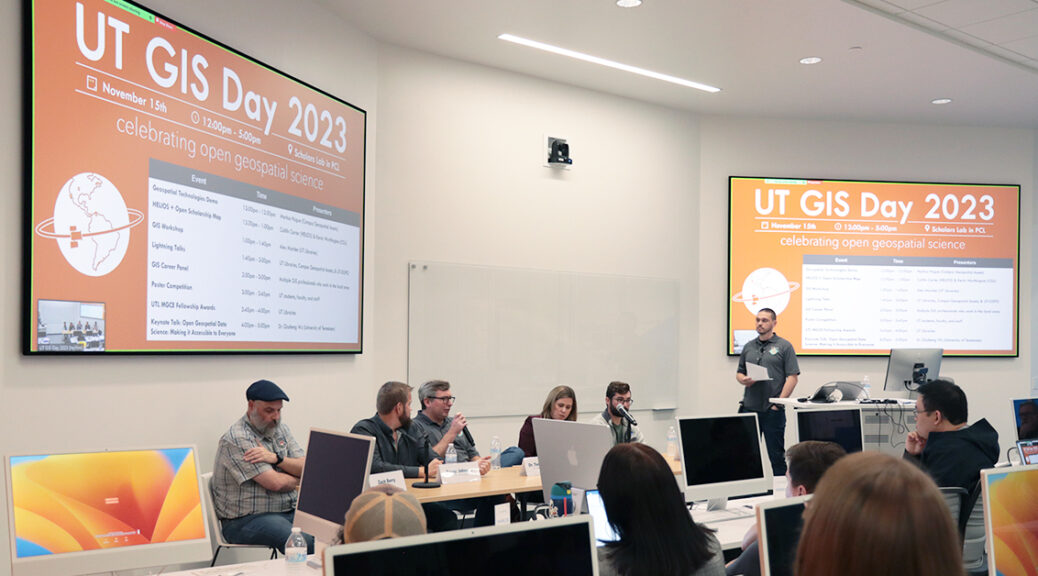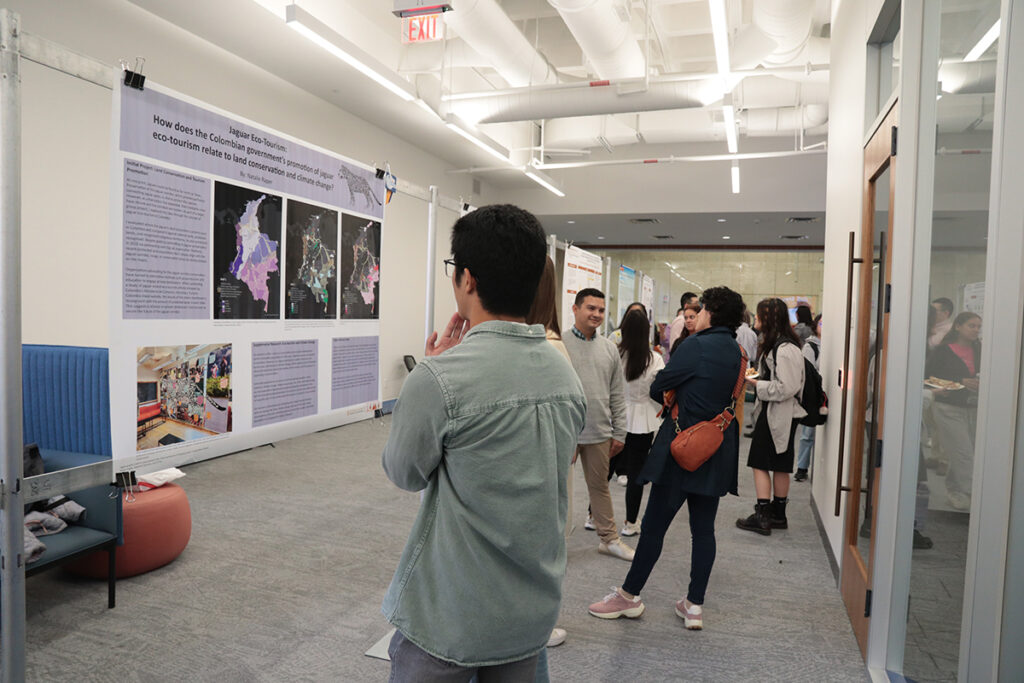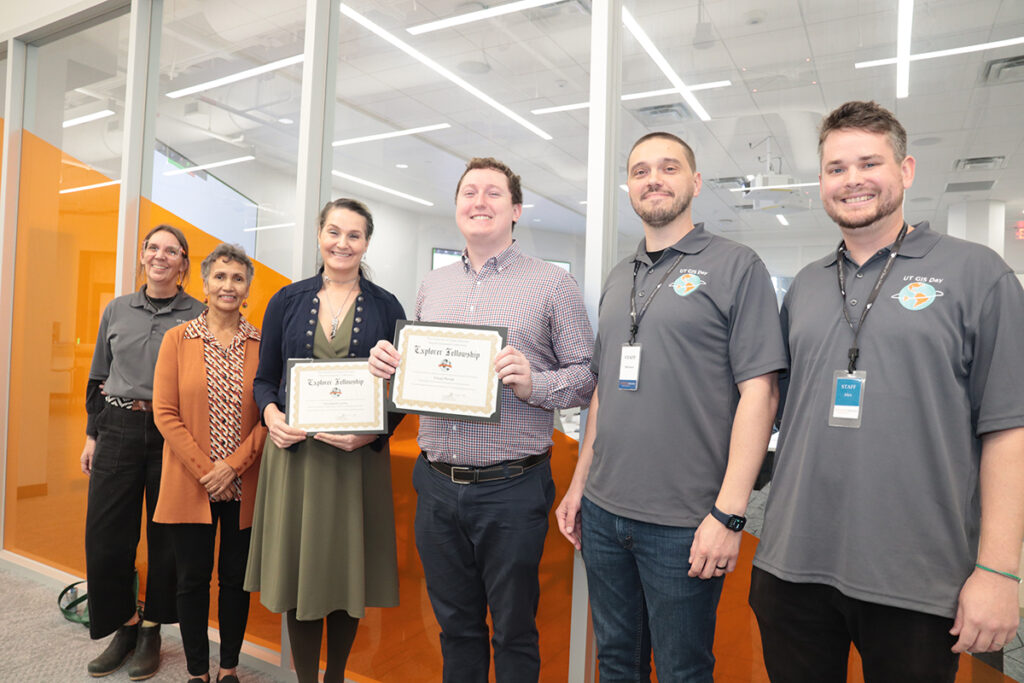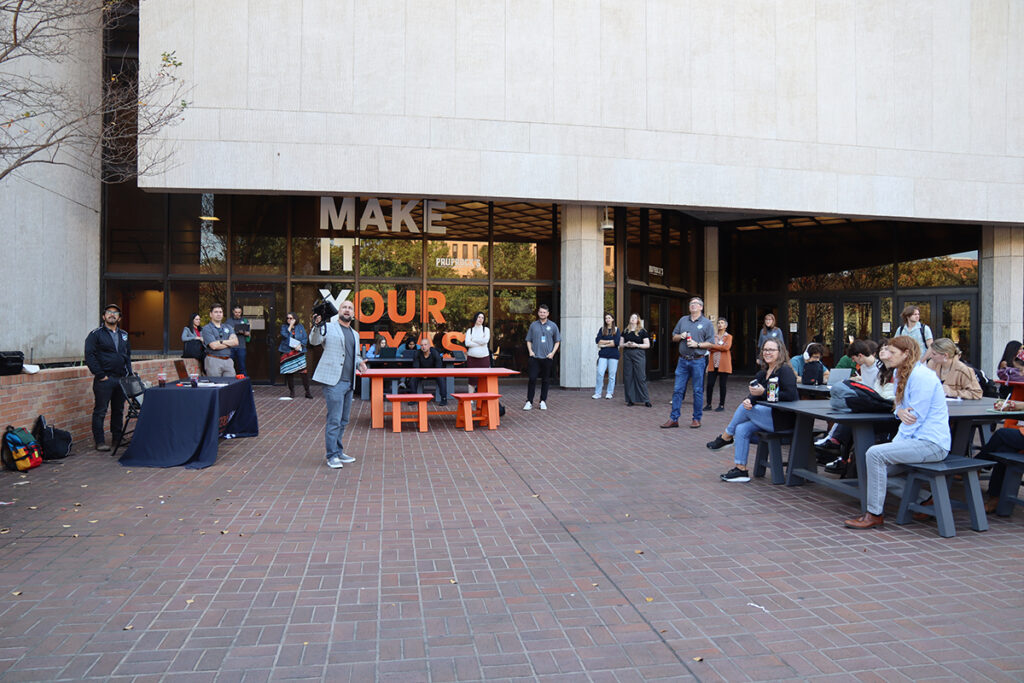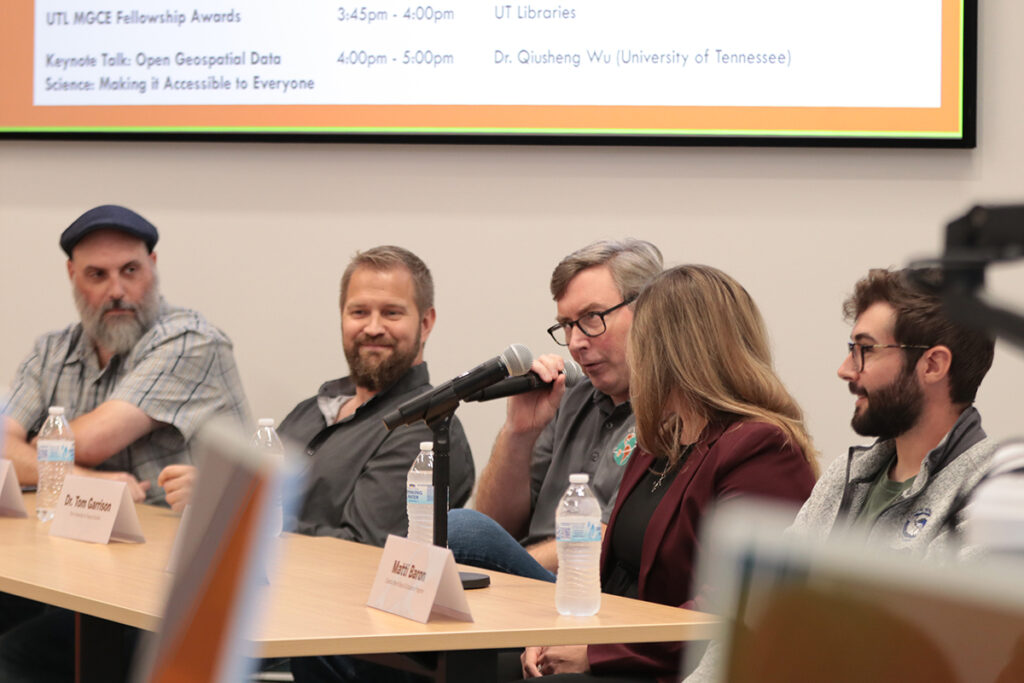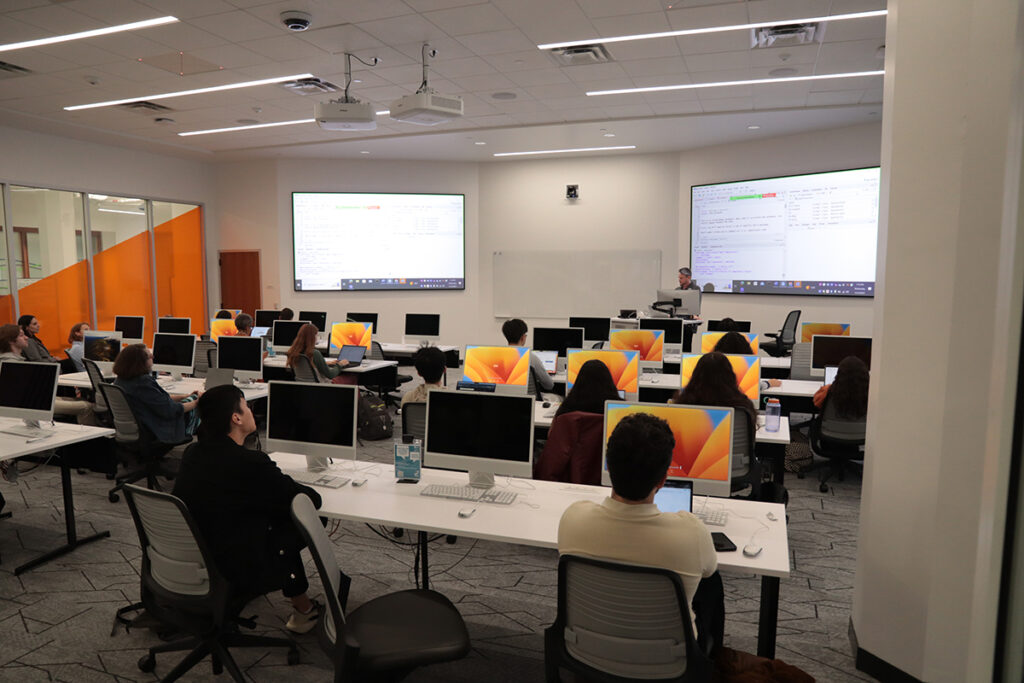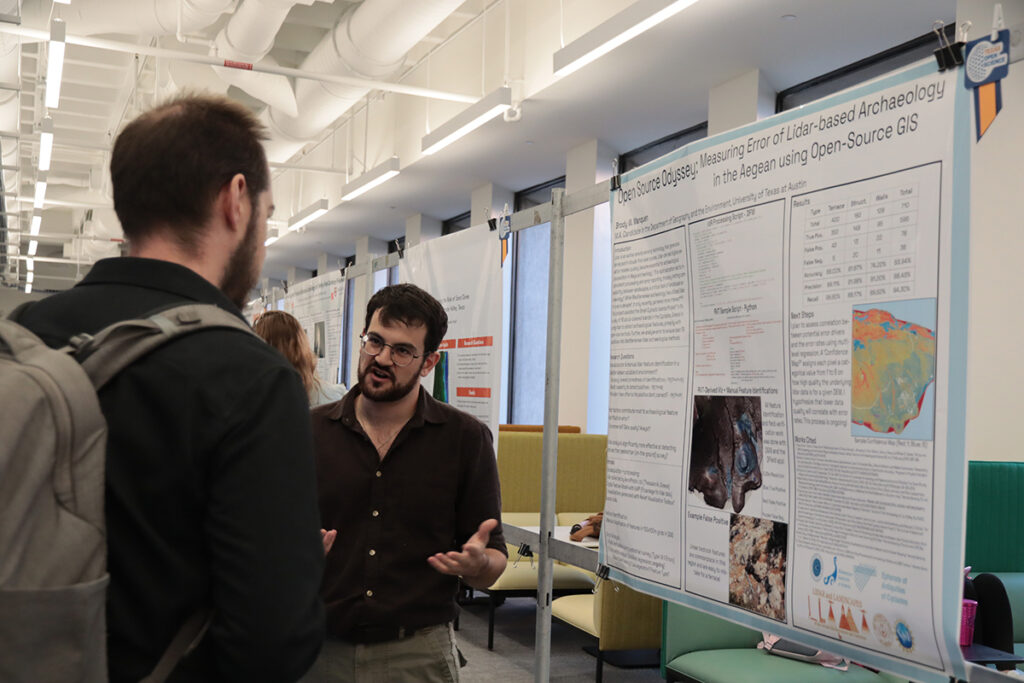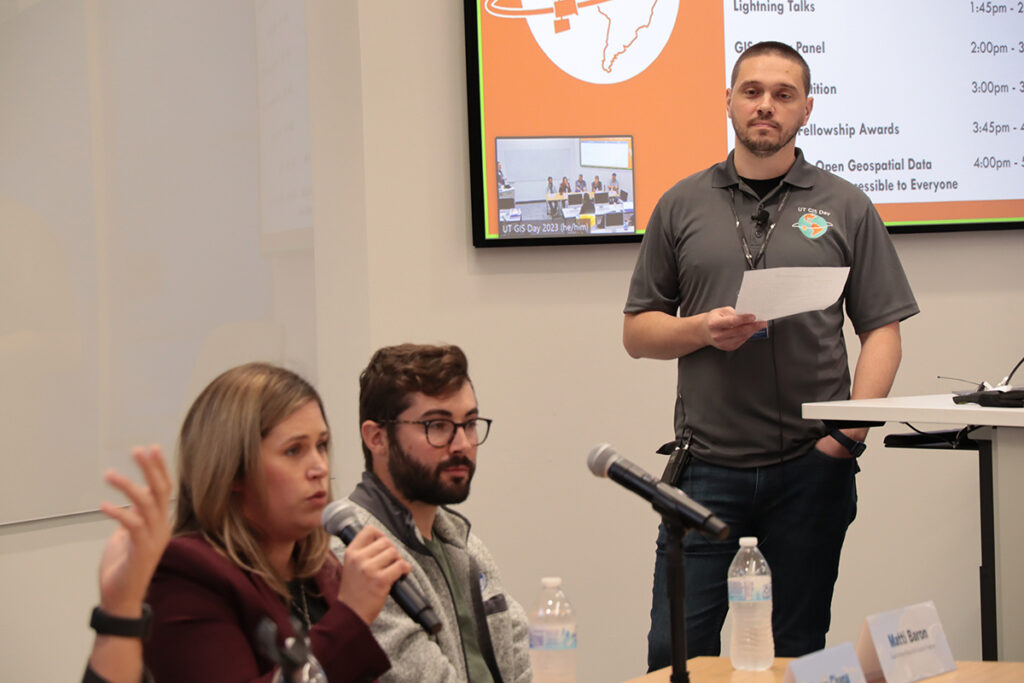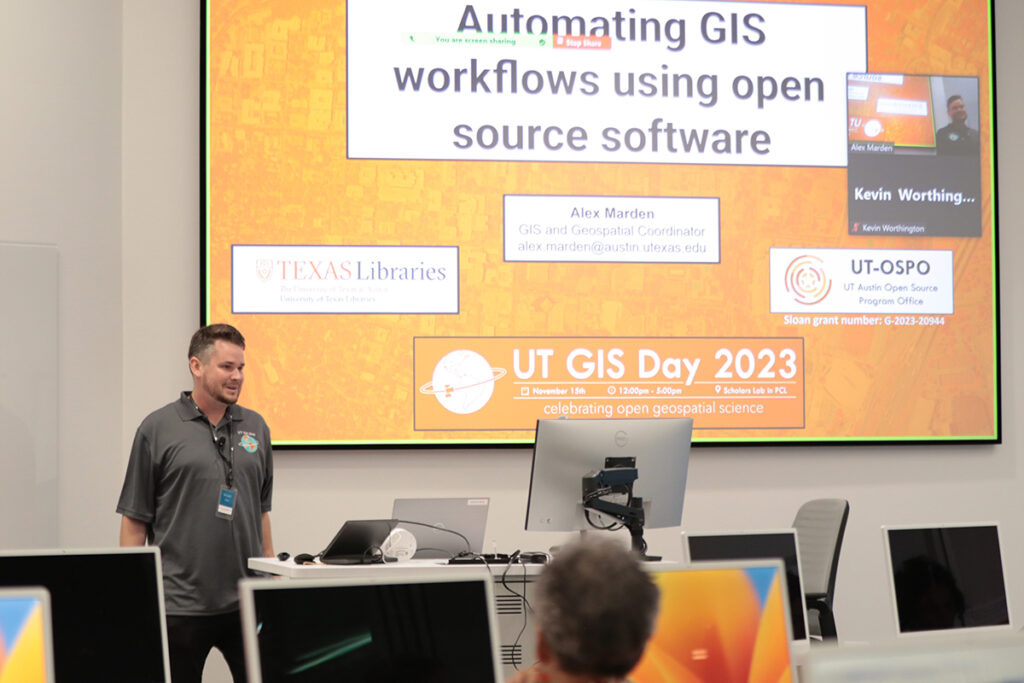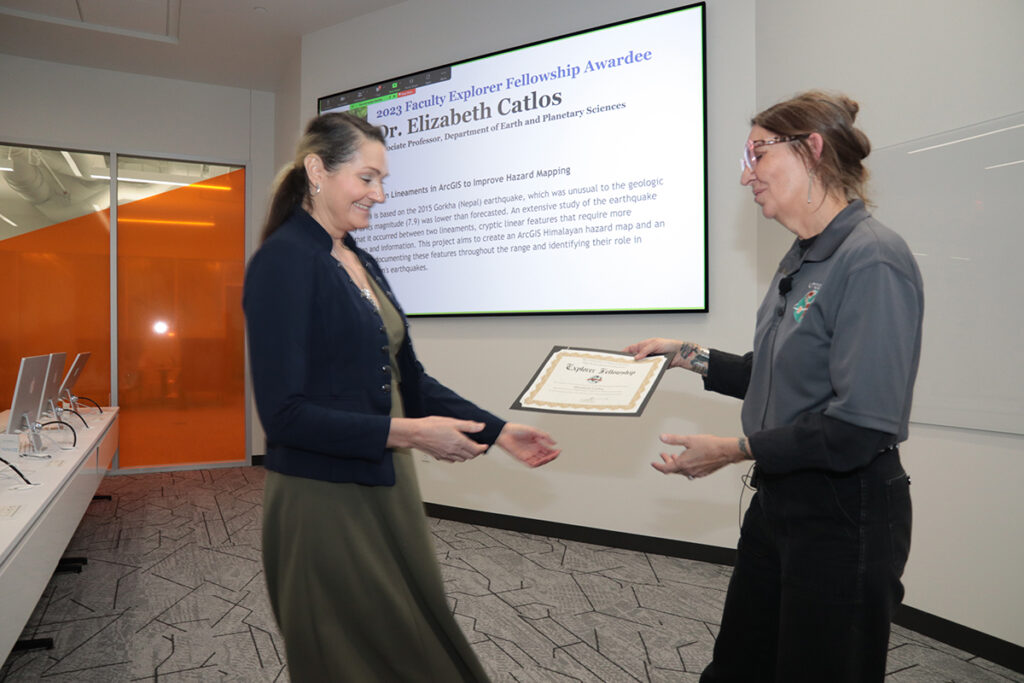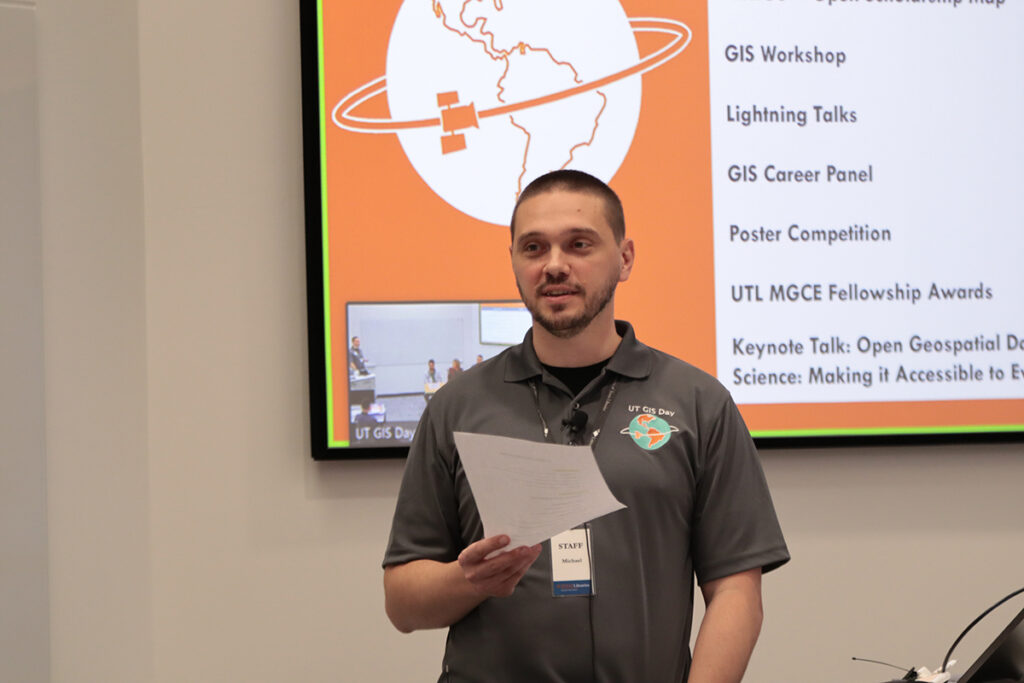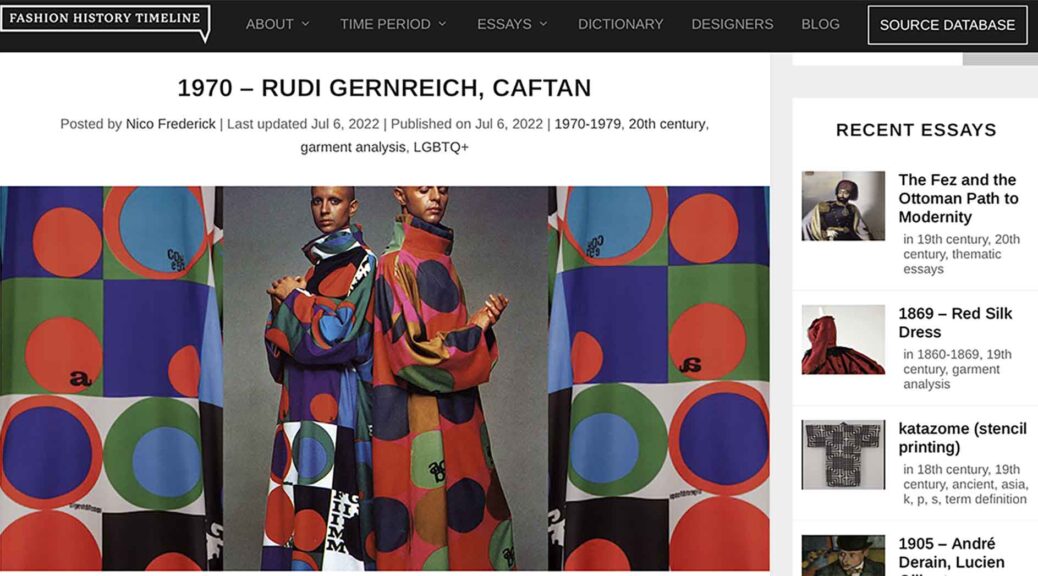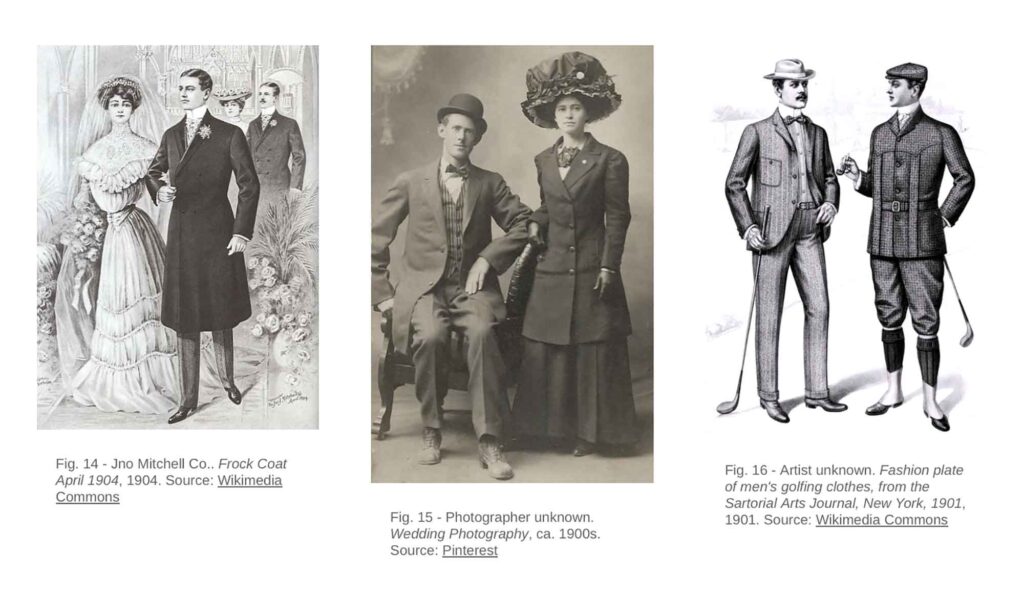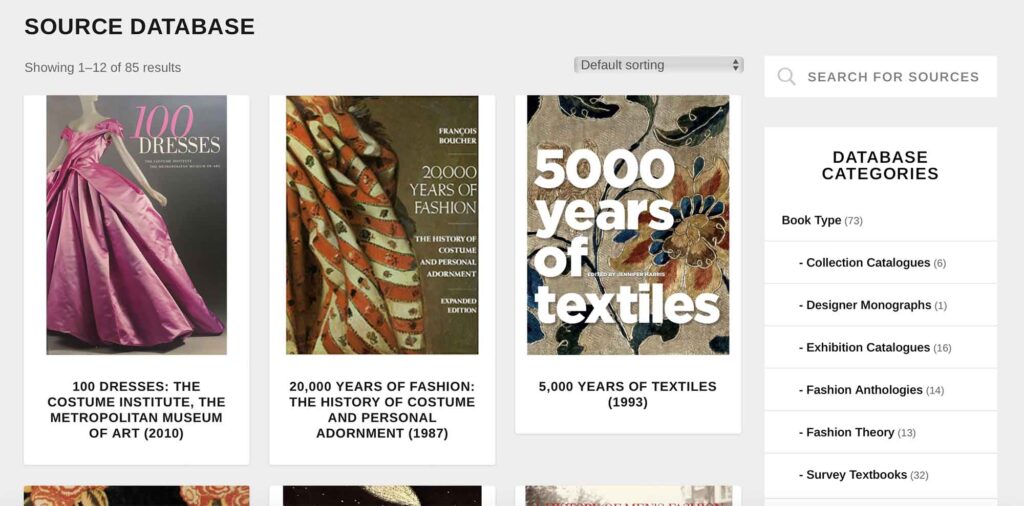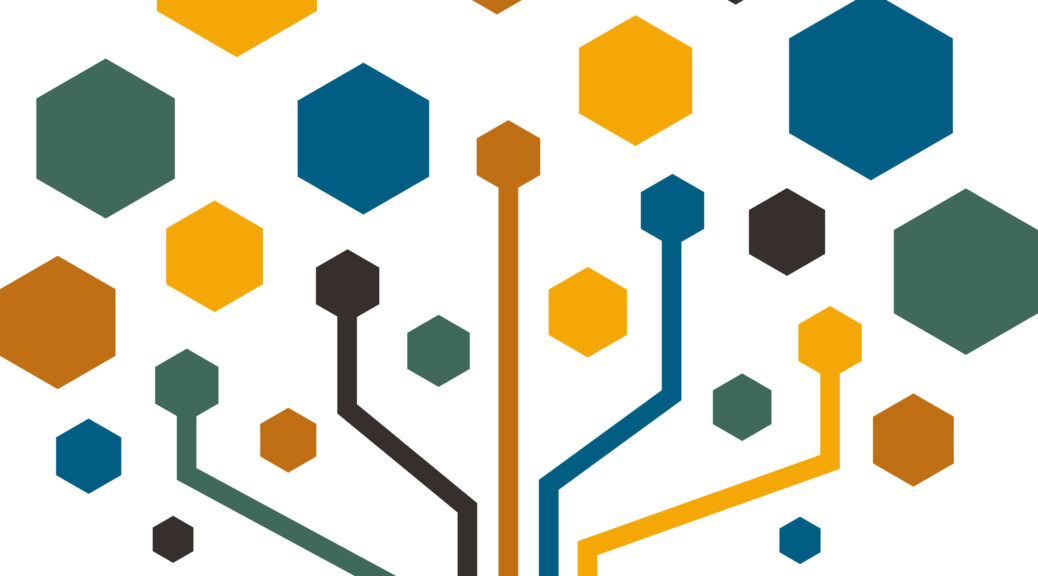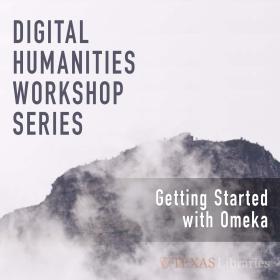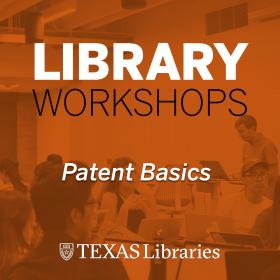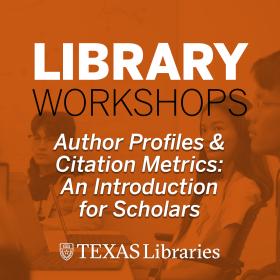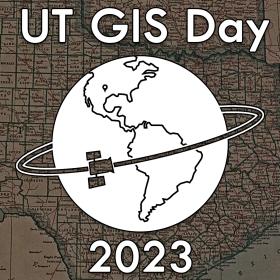Friends,
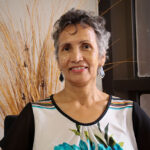
As we approach the final weeks of this academic term, I want to highlight two significant recent achievements that highlight the importance of perseverance, dedication, and patience in realizing our goals: the opening of the new Scholars Lab and the launch of the university’s new Open Source Program Office (OSPO).
Let’s first take a moment to recognize how far we have come. When I arrived at the University in 2015 with a vision for Open Access, it was clear that impactful work in this area would require time and unwavering effort. Enjoining our community to the benefits of OA has been challenging, and the momentum has built slowly. Despite obstacles, the establishment of the OSPO marks a historic moment for our institution, as it is the first office dedicated to work associated with open scholarship. It is a testament to the commitment and determination of our efforts to make access to knowledge a reality for all.
Likewise, the seeds of the idea for the Scholars Lab were planted almost a decade ago, and it is truly heartening to see this vision finally materialize. This achievement is a reminder that the most profound and transformative initiatives often need years of nurturing, dedication and collaborative effort to become a reality.
If we look back over the course of our university’s history, we find that the outstanding collections of the University of Texas Libraries, which are celebrated today, took nearly 140 years to build. Our journey towards a digital ecosystem within our libraries, which has revolutionized access to knowledge, has spanned almost 30 years. These long-term efforts have shaped the eminence of our institution, echoing the enduring importance of patient and persistent work.
In this legacy, every believer in the idea of these Libraries – be they staff, members of the campus community, or advocates across the landscape – plays a crucial role in the overall success of this noble enterprise. Your support, commitment to our mission, and resilience in the face of challenges have been instrumental in the positive transformations we witness today. As we embark on new projects and initiatives, it’s essential to remember that, like those before them, they may take time, but the results are worth the effort.
As we celebrate these milestones, let us reflect on the collective power of dedication and vision. Our mission to provide access to knowledge in support of research, teaching and learning has deep roots, and the impact of our work will continue to be felt for generations to come.
We extend our sincere gratitude for your steadfast commitment to our library’s mission and your enduring patience and persistence in making a difference.
Thank you for being an integral part of our shared journey.



